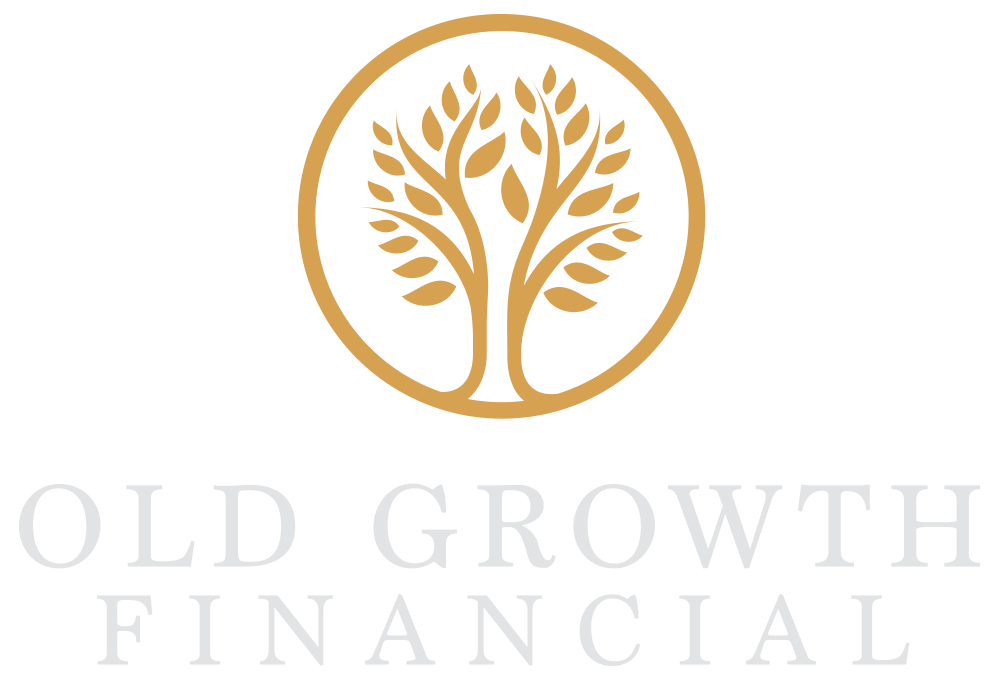Jumping off with Financial Literacy, Part One: Net Worth

Do you have the financial understanding to start yourself out on the right foot?
Financial basics: Net Worth
Have you ever thought to calculate your net worth? Maybe you thought it would be too difficult or something only “really rich” people think about. If you’ve never considered tackling your net worth calculation, I encourage you to explore it. It’s important for everyone! Discovering your net worth will help you understand your financial foundation and give you a solid number to track your financial progress over time.
Net Worth Calculation
Your net worth is calculated the same way that a business calculates its value: assets – liabilities = net worth. It’s important to understand when you’re calculating your net worth that this will be a snapshot in time. You pick your date, then calculate the value of your assets and liabilities on that same date, and that gives you the net worth for that date. Your net worth will change over time, so choose a date you can compare easily. Choosing a date once per year would be a good start.
What are Assets?
Assets are anything you own. They may include:
- Cash (checking and savings accounts balance)
- Investments (retirement accounts such as 401(k), accounts that hold stocks and bonds, etc)
- Real estate (your home, investment home, etc)
- Vehicles
- Business Interest
How do you know what amount to use? For example, for your house, do you put how much you paid for it (ie the sale price) or how much it’s worth now? You can use either method, but I recommend that you use market value (how much assets are worth now); the important part is that you use the same valuation method for all assets.
Assets are not income. They are what you currently own. Do not include any income calculations in your asset total. We will include income as part of our Cash Flow calculation.
What are Liabilities?
Liabilities are anything you owe. This may include:
- Your mortgage and/or HELOC
- Vehicle loans
- Credit card debt
- Personal Loans
- Students Loans
For liabilities, it’s important to use the amount you currently owe on a certain date. Do not include the original loan amount, just use the amount you owe now.
Liabilities are not expenses. Do not include any of your expenses in your liability calculation, only what you currently owe. We will calculate expenses as part of our Cash Flow calculation.
What Does My Net Worth Tell me?
Now that you’ve found your net worth, what does it mean? First we’ll look to see if it’s a negative or a positive number. If it’s positive, your assets exceed your liabilities. This means (in theory) you could cover all of your debts with what you own currently.
If it’s negative- don’t panic! There are a lot of reasons your net worth could be negative, and they are not all bad. Typically, most adults start off with a negative net worth. As they grow their income and increase their asset holdings (while paying off debt) they slowly shift the needle towards positive. Many young professionals have high levels of student loan debt and little equity in their recently purchased home. These are major components of a negative net worth that don’t necessarily reflect a negative financial future. They simply show a strong investment towards future growth and income.
Should I Compare My Net Worth to Others?
It may seem like the best use of the net worth figure is to compare to others. You can look up national averages to see how your number fits on the scale, but I would encourage you to not weigh your ranking too heavily. Everyone’s personal financial situations, goals, starting off points, and income are different. The most important thing to compare your net worth figure to is yourself. Track your net worth annually. Be sure that you’re seeing a positive trend. If you’re not, examine why not, and see how you may be straying from your savings goals.
How Can I Increase My Net Worth?
To increase your net worth, you have to work the formula: increase your assets while lowering liabilities. Asset growth can take time, but properly invested, you can put the magic of compound interest to work for you. Investing your income into the right assets can help you grow your financial future. There are many strategies to tackling outstanding debt, so choosing the most efficient strategy can be confusing. There are tax and other considerations to navigate when paying off debt. Contact us at Old Growth Financial so we can help you grow your assets and decrease your liabilities for a better (net) future!
